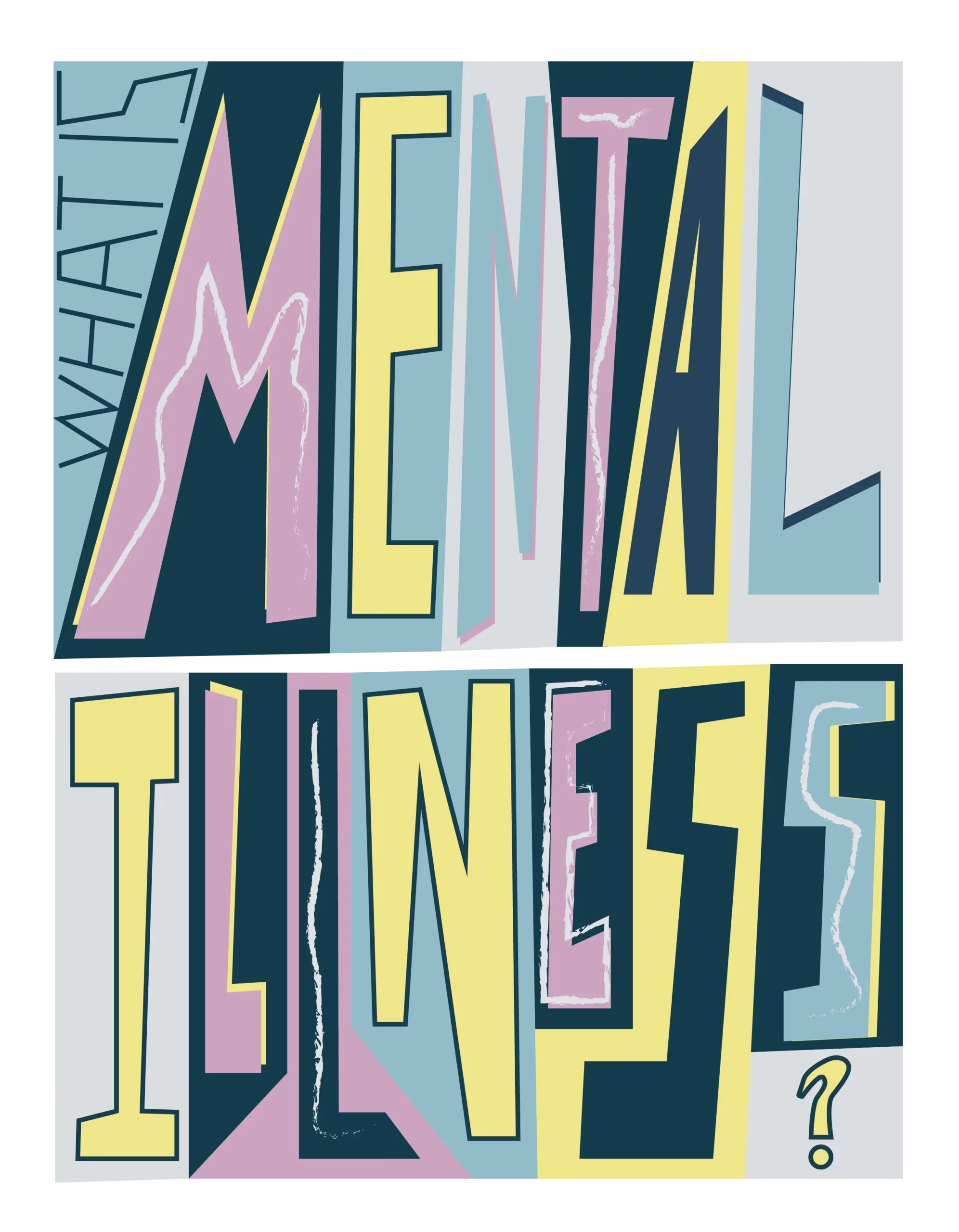Living with mental illness isn’t easy, but there are plenty of options to help you treat your symptoms and come out on top. You may be prescribed medication or be recommended for talk therapy. Perhaps your pastor or another leader in your faith community may be able to provide additional counseling.
Often mental illness can bring with it a crisis of faith as you question why God would let you go through this. It is important to know that it is not because you lack faith or prayer. This is not your fault. God is with you and has great plans for your life. He will help you get through this.
“For I know the plans I have for you,” declares the Lord, “plans to prosper you and not to harm you, plans to give you hope and a future” (Jeremiah 29:11).
You’re never on your own when it comes to your mental health; there is always hope. You can find it here. TheHopeline puts mental health resources at your fingertips. If you’re struggling with depression, anxiety, suicidal thoughts, or addiction, you can chat with a Hope Coach, request mentorship or prayer right away.
Greater stability, deeper faith, and stronger relationships are possible – starting now.






 Privacy Policy / Terms of Use
Privacy Policy / Terms of Use